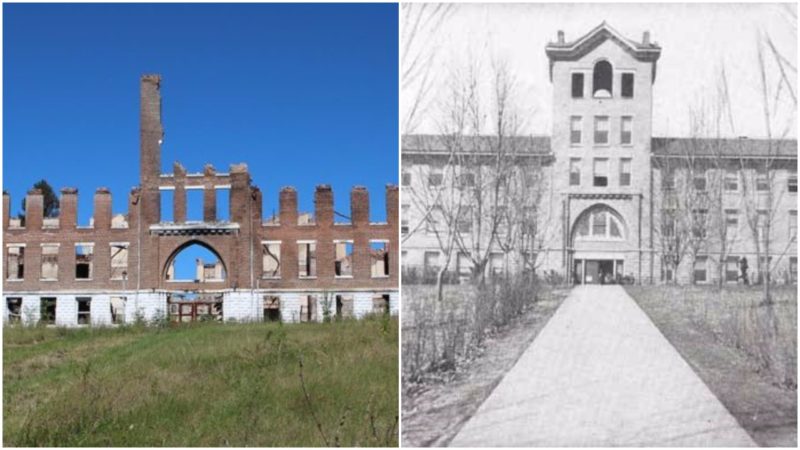Located in Morristown, this African American higher education institution that went by the name of Morristown College was founded in 1881 by the national Freedman’s Aid Society of the Methodist Episcopal Church.
Later in 1989, it was renamed as Knoxville College-Morristown Campus. In 1994, five years after the initial name change, the school was shut down.
Before the African-American Civil Rights Movement (1954–1968) the school held the distinction of being one of only two institutions in East Tennessee for African Americans.
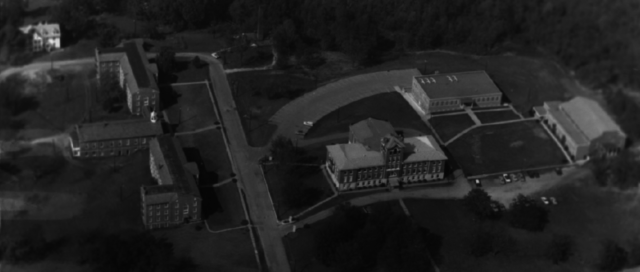
With 210,000 square meters it had seven out of nine buildings registered on the National Register of Historic Places. However, after the college was closed much of the buildings fell into disrepair.
Vandalism and the passage of time were the main culprits. A lot of the buildings that the campus once owned were demolished to make way for a city park.
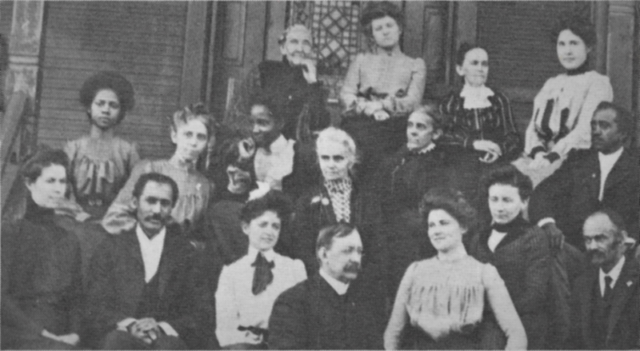
Back in 1868 during the fall, a freed slave created a school for the local community.
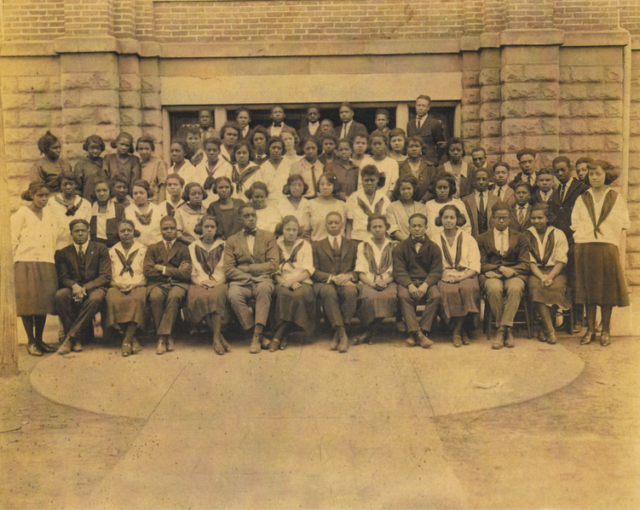
Very little is known about this early school, except that sessions were held in a church provided by the Presbyterians of Orange, New Jersey.
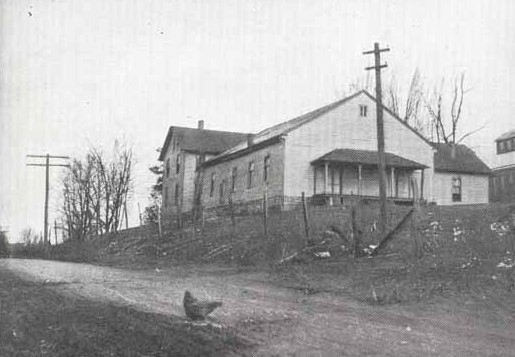
It was led by Mrs. Hanford, a New York native, and its main purpose was to teach freed slaves and free African-Americans how to read, write, do arithmetic, and about Christianity.
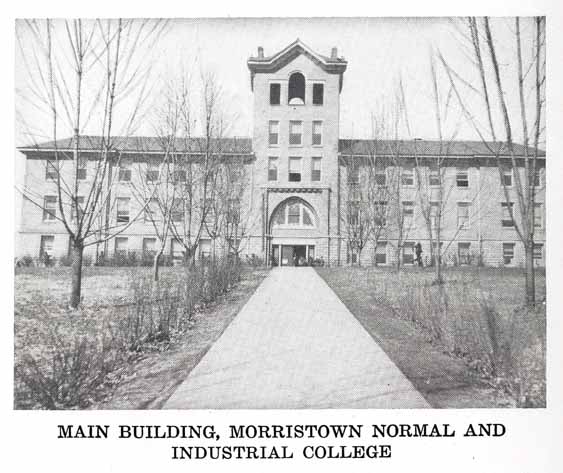
Just a couple of blocks away was the Reagan High School for Boys, where a preparatory course was taught by Rev. Wilson.
After the Civil Rights Movement ended in 1968, African-American students were allowed to attend previously all-white schools like the state-supported colleges and universities. Morristown College found it hard to compete with the institutions that received state and federal funds.
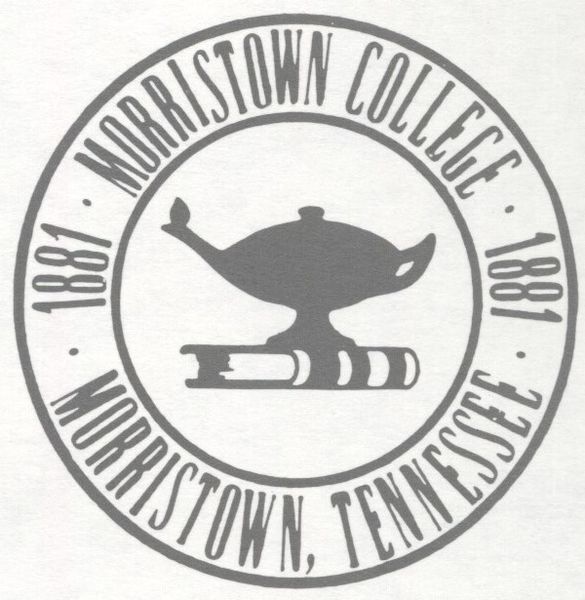
Over the next 20 years, the school continued to struggle to survive as more and more young students were drawn by larger schools. The architectural influences of this campus are the Queen Anne and Georgian Revival styles, but now the buildings are on the verge of being lost to time.
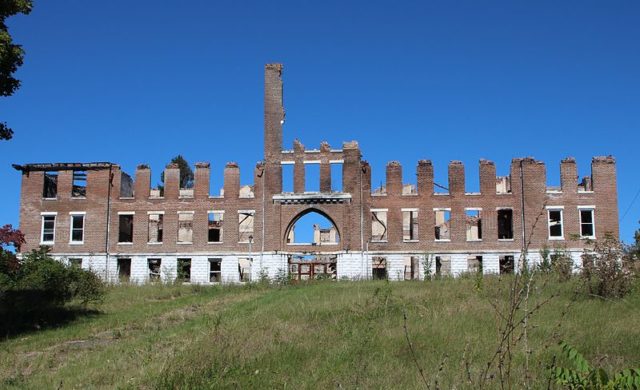
In 1983, the school was listed on the National Register of Historic Places for its role and important contribution to African-American education.
